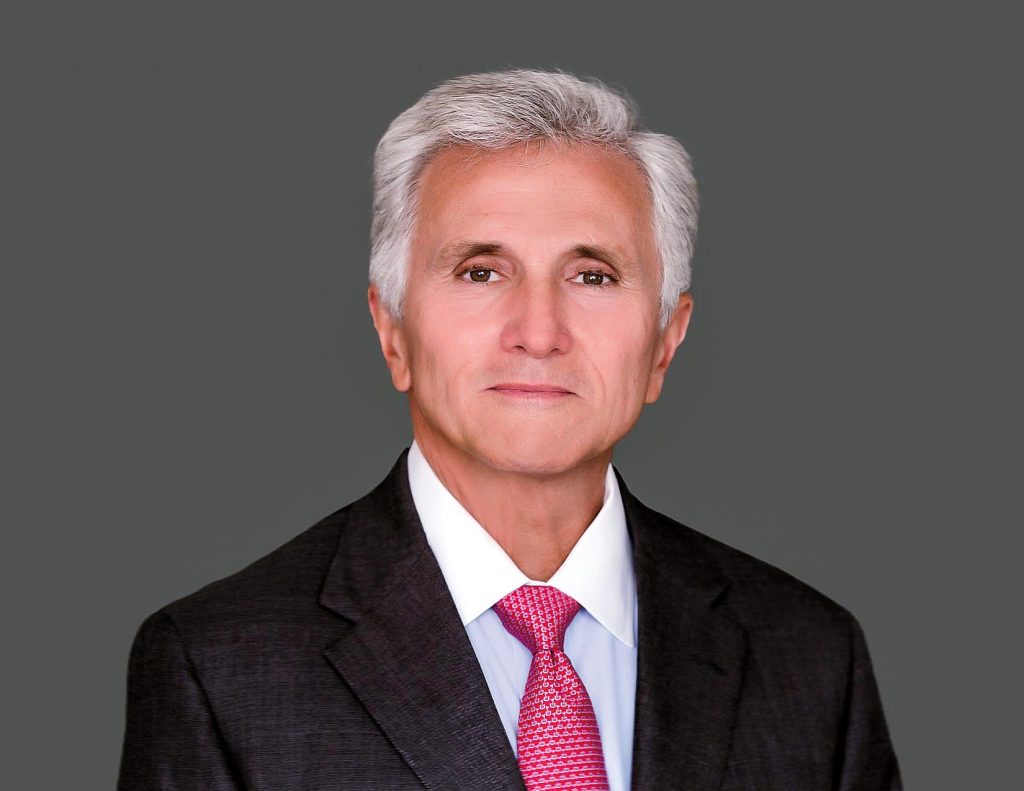Wall of Worry

Editor’s note: Pittsburgh Quarterly asked regional financial experts to respond in 200 words or fewer to this question: What are your expectations for inflation, interest rates and U.S. equities (stocks) this year, and how are you advising clients during this continuing market volatility and uncertainty? (Responses were submitted by late April.)
Previously in this series: Wall of Worry, Pt III

BILL WINKELER, CONFLUENCE FINANCIAL PARTNERS
No one has a crystal ball to predict exact levels of markets or economic data. We do, however, see opportunities for investors to take advantage of, given the significant changes in financial markets since the beginning of 2022. The environment has changed — interest rates and inflation are no longer near zero; rather, they are back to the highest levels in over 40 years. We believe this new environment puts a greater emphasis on company fundamentals, in contrast to the previous decade that largely rewarded growth companies. We think the environment of higher inflation favors dividend payers within equities, specifically companies able to pay and grow dividends. Higher interest rates mean bonds are again attractive for generating current income and can play a key role in a diversified portfolio. Taken in totality, the overall normalization of the economic and investing environment is likely to benefit diversified portfolios — benefits from growth/value diversification, as well as U.S. and international equity diversification. While we don’t believe in making changes based on short-term fluctuations in the market, we do believe the investment landscape has changed and there is opportunity to be found with higher interest rates, fixed income investments, and placing a focus on company fundamentals and diversified portfolios.
SCOTT LOVE, WESBANCO TRUST AND INVESTMENT SERVICES
We continue to believe that the rate of change for inflation will slow over the next several months. However, it is likely to end the year above the Federal Reserve’s target of 2.0 percent. Core Personal Consumption Expenditures (PCE), the Federal Reserve’s favored measure stood at 4.6 percent in February. While goods inflation has been slowing, service inflation remains stubbornly high and has shown little sign of easing. Service inflation is more closely aligned with wages. Given the tight labor market, we anticipate that average hourly earnings for all employees will remain above the 30-year average of 3.0 percent for the rest of 2023, and keep overall inflation elevated. Our closely watched economic indicators are signaling that the economy was still growing in recent months, but they are suggesting tougher times are ahead. The 3-month/10-year yield curve is firmly inverted, while other recession indicators like employment, personal income, and personal consumption remain strong. As a result, we are advising clients to maintain their risk tolerance based strategic allocations. We remain focused on economic and market data to confirm turning points, and will adjust portfolios to reflect those changes.


PETER MATHIESON, FAIRVIEW CAPITAL
Our investment philosophy has always been to focus on managing risk for our clients over the longer term (3-5 years). Certainly, we take macroeconomics (including inflation and interest rate expectations) into consideration, as they are factors within our security research process. We invest in high-quality, growth-oriented companies with sustainable cash flows and economic moats to protect their businesses in times of higher interest rates and inflation. Our longer-term focus and quality screening trump our guesstimates of inflation and interest rates. Of course, that doesn’t answer the question . . . so, within those confines we do believe that inflation will continue to run significantly ahead of the Fed’s targets, and that within this environment interest rates will continue to inch higher throughout the year. For clients for whom we manage everything, we have encouraged them to set aside 6-12 months of cash necessary to meet personal expenses and mitigate the risk of needing to access cash at the wrong time of the stock market cycle. We expect lower returns from equities over the next decade than what we’ve seen over the past 10 years, but we still expect our stocks to meaningfully outperform the returns available in fixed income.
LEO GROHOWSKI, BNY MELLON WEALTH MANAGEMENT
Equities have been resilient so far this year, with investors cheering swift action by regulators to stem a banking crisis and believing the Fed will pivot to rate cuts by year-end. We believe the stock market remains too optimistic, however. While we are encouraged by the steady decline in headline inflation, the price of services remains elevated. Given the fight against inflation is not yet over, we expect the Fed will hold rates steady through year end. We think tighter credit standards and monetary tightening could push the U.S. into recession later this year. Although yields have fallen recently, they remain attractive and offer the potential for capital appreciation. We see corporate earnings coming under pressure if we experience a recession. We are telling our clients that equity and bond volatility could spike as the debt ceiling debate ramps up. Investors should also remember that markets are discounting mechanisms that look ahead 6-12 months. We think stocks can end the year modestly higher and that bonds will play their more traditional role as a ballast in portfolios. Working with their wealth managers, we are recommending clients maintain a neutral weighting to equities and bonds, and consider adding lower correlated diversifiers — hedge funds, private equity, etc. — to protect principal and take advantage of market dislocations.








